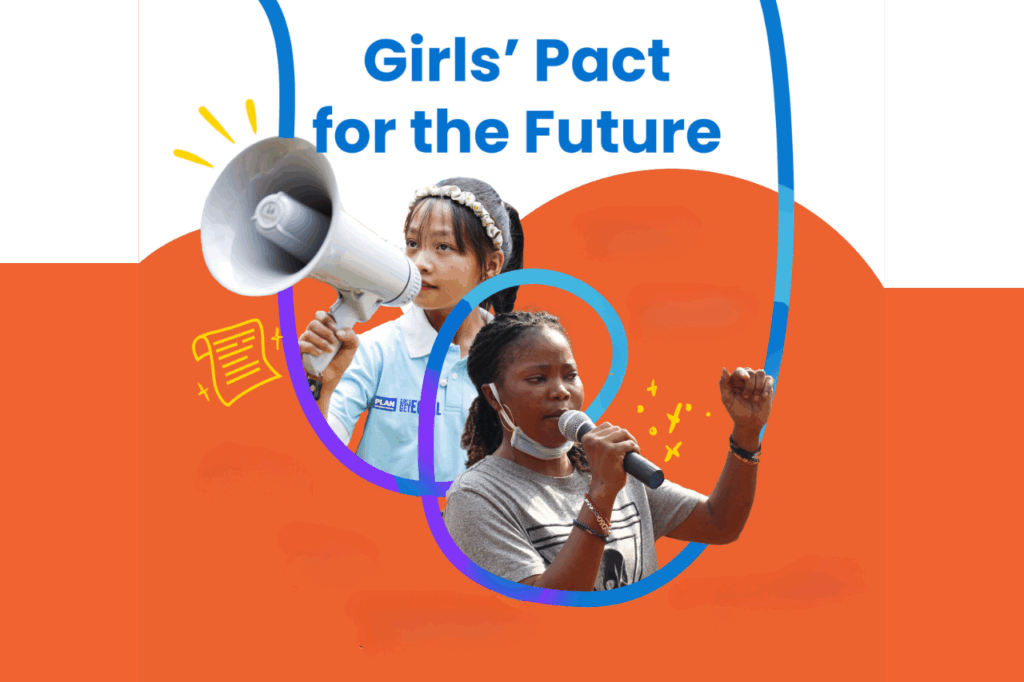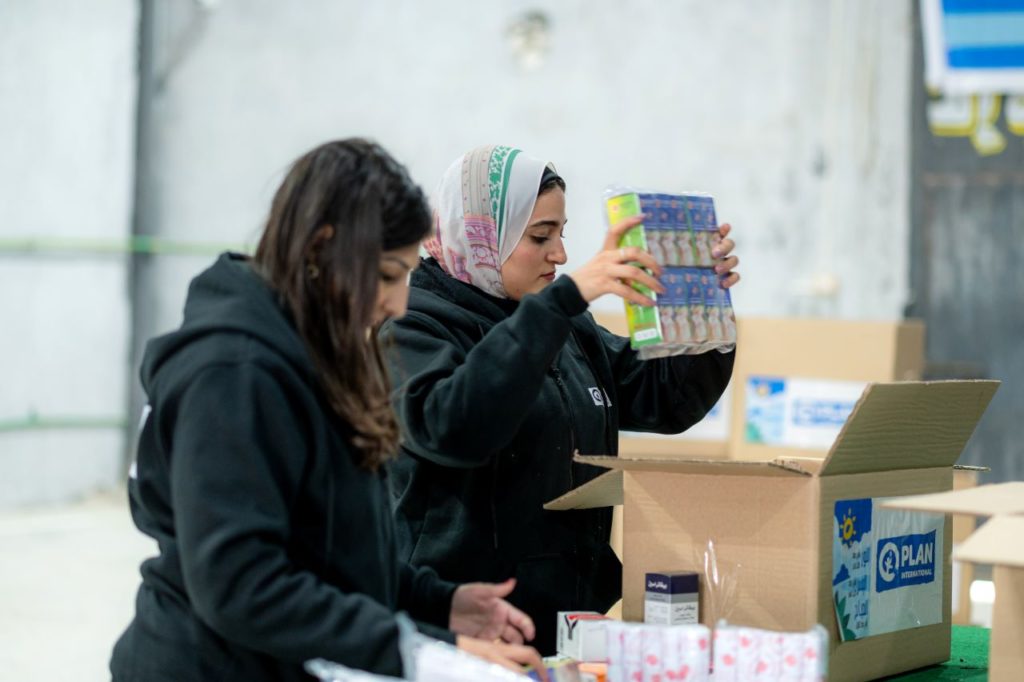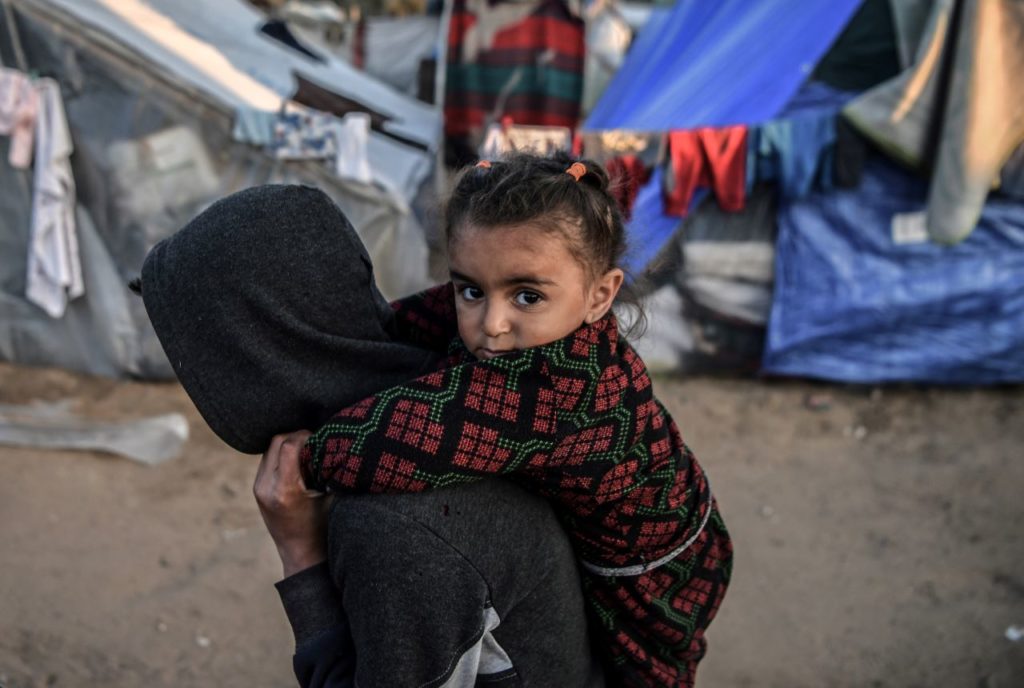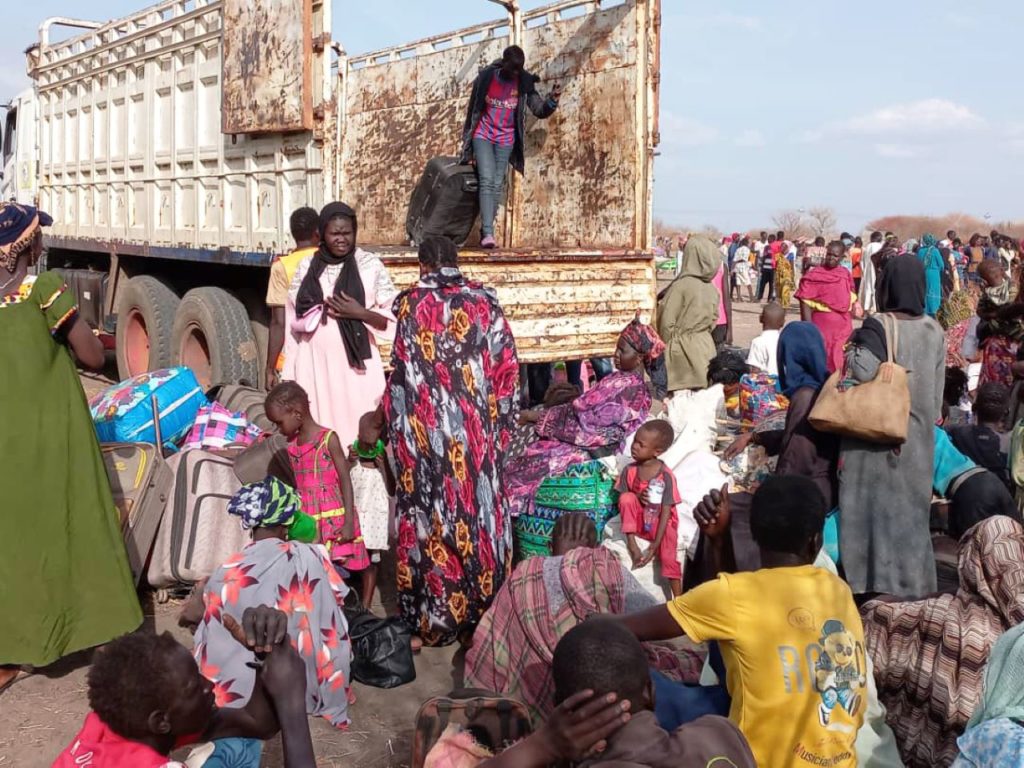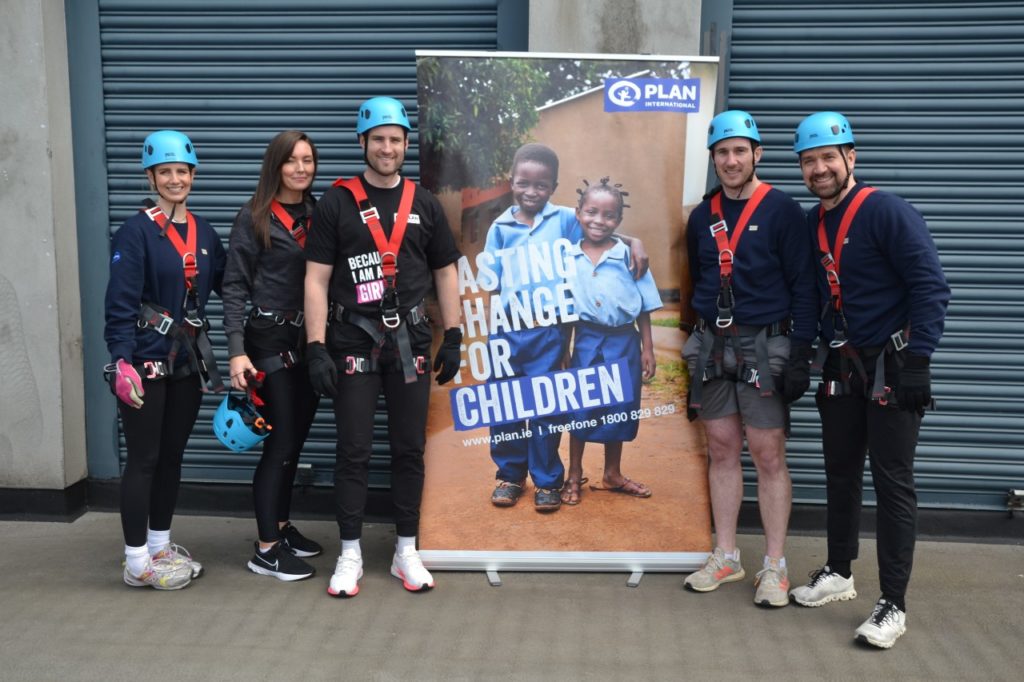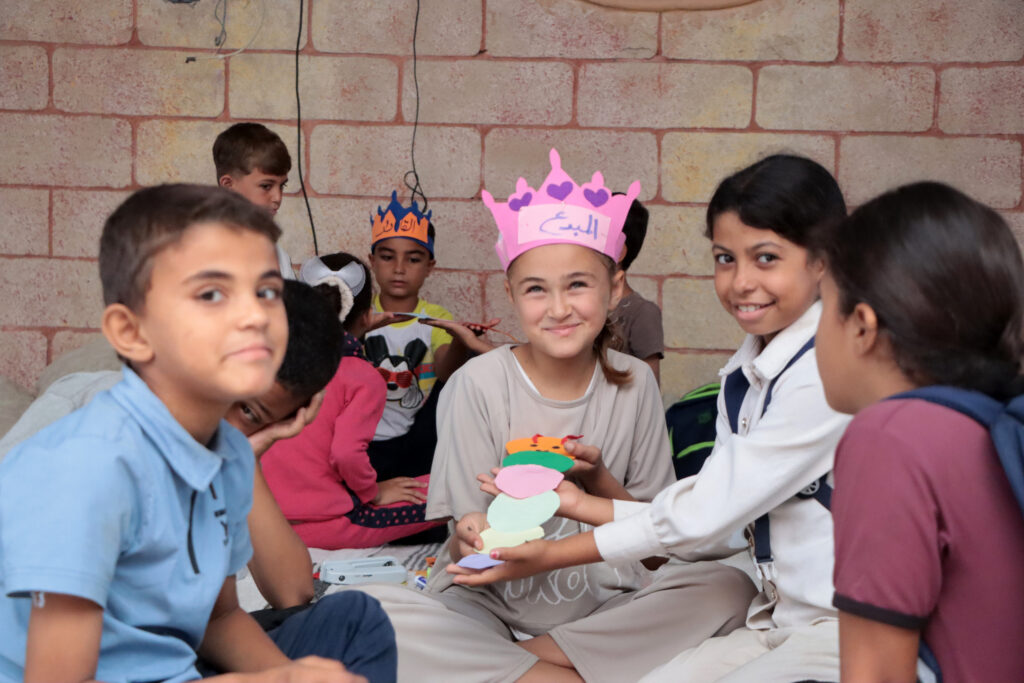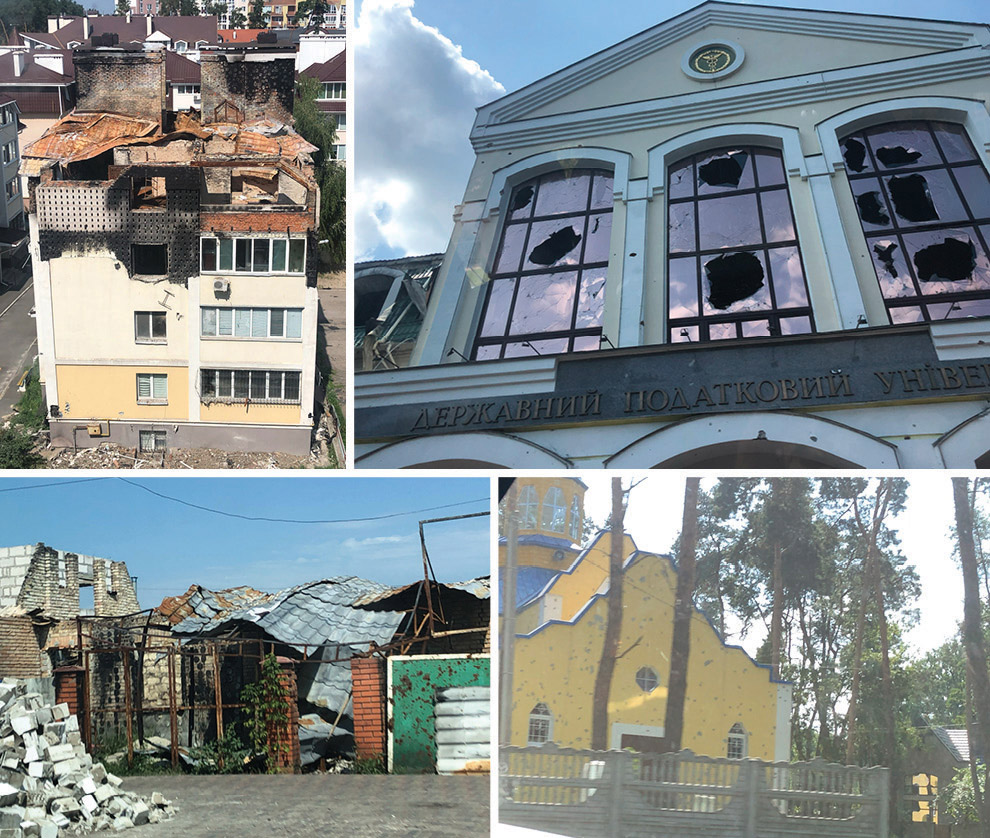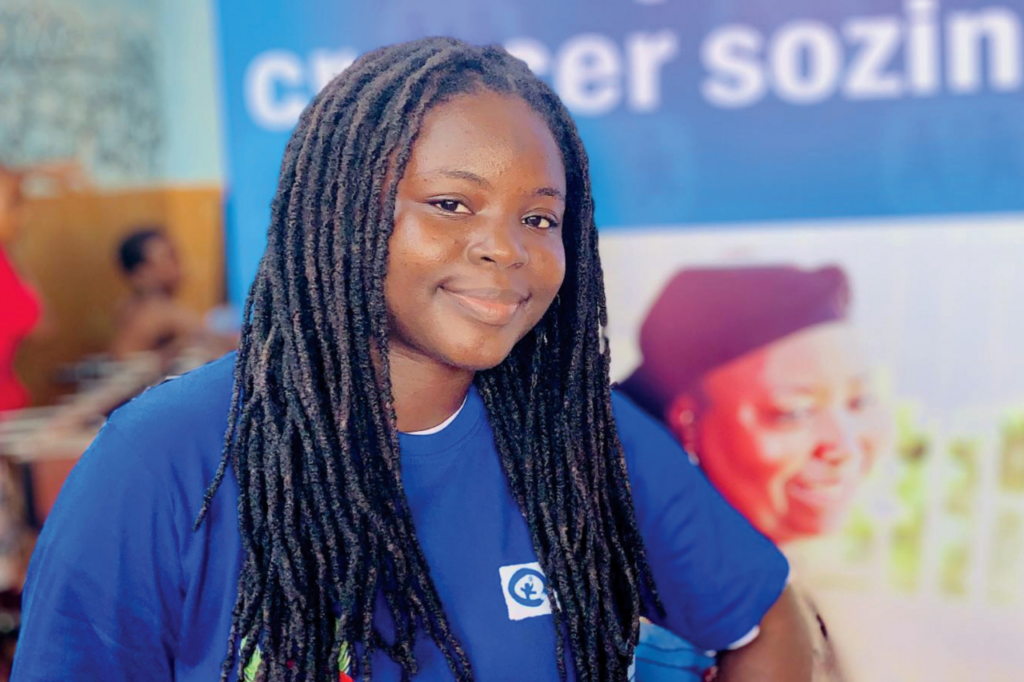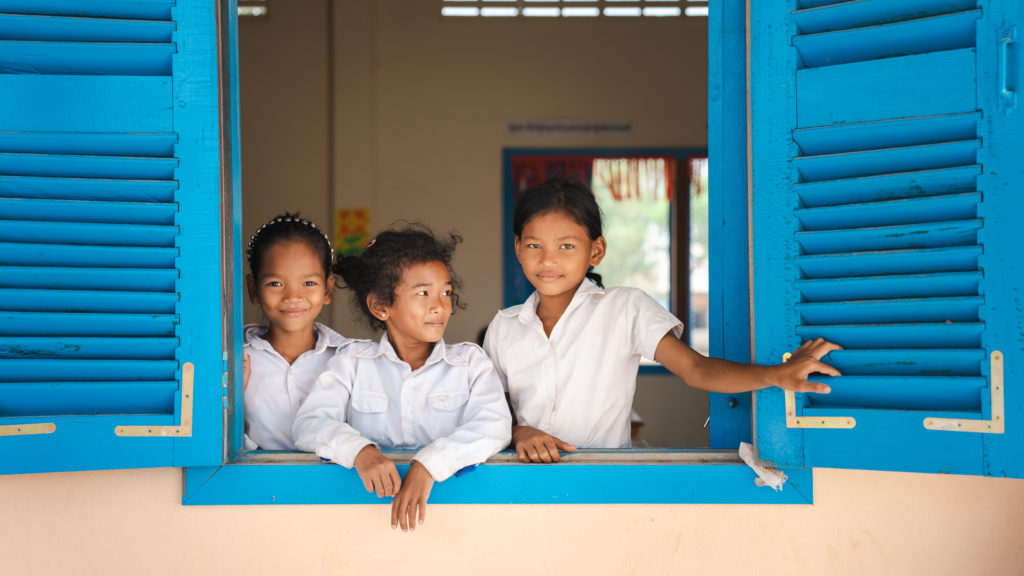IN ADDITION TO THE CONSTANT THREAT OF NATURAL DISASTERS, COMMUNITIES IN TIMOR-LESTE ARE ADAPTING TO THE PERVASIVE THREAT OF COVID-19 & HOPING TO GET CHILDREN BACK TO SCHOOL.
Timor-Leste is an island country in Southeast Asia with a population of over 1.3 million. Following decades of conflict, the country became a sovereign state in 2002. Plan International has been working in Timor-Leste since 2001, shortly before the country regained independence.
While progress has been made in many areas in Timor-Leste since 2002, challenges still remain in many aspects of life and in pursuit of the 2030 Agenda for Sustainable Development and the goal to Leave No One Behind.
Girls in Timor-Leste are a particularly vulnerable cohort. Physical, sexual and emotional violence are common and a patriarchal society limits opportunity for girls to participate meaningfully in decision-making.
In addition, Timor-Leste has one of the world’s highest rates of undernutrition and half of children under 5 in the country suffer from stunting. There is also a lack of clean water and only 14% of children are enrolled in pre-school.
Timor-Leste also suffers from numerous natural disasters. The country is prone to severe, frequent flooding, drought and landslides. On top of these serious events, people also have to contend with the risk of tropical cyclones, earthquakes and tsunamis.
A core focus of Plan International in Timor-Leste is to strengthen the resilience of communities against natural disasters.
Strengthening the Capacity of Civil Society Organizations (CSOs) in Climate Change Adaptation
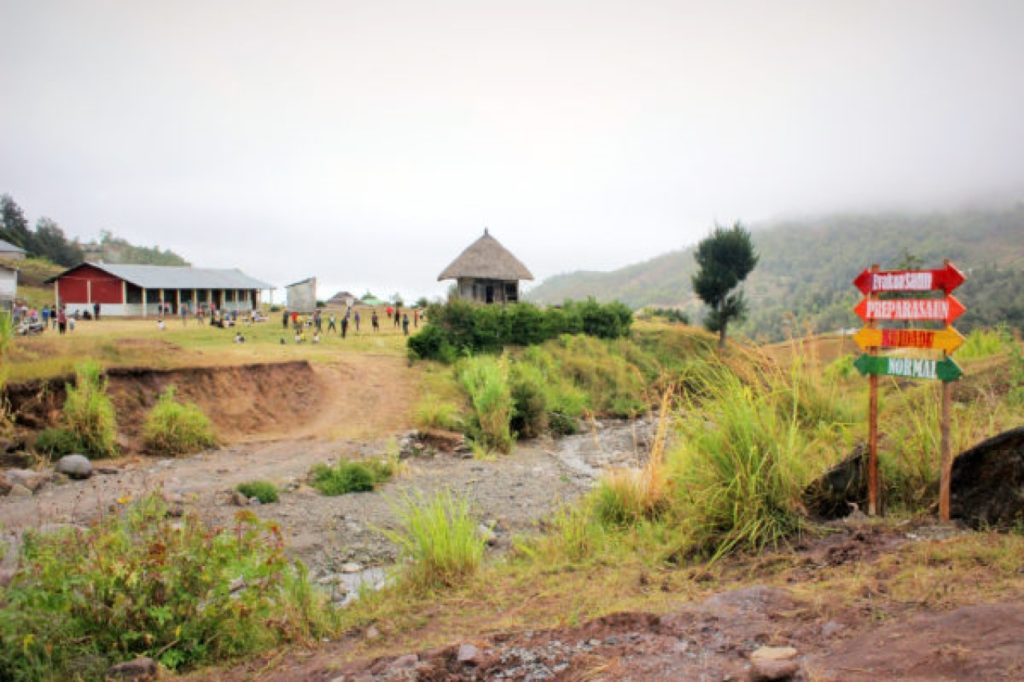
Timor-Leste features among the most climate-vulnerable countries in the world and is ranked as having the twelfth highest risk rating on the World Risk Index (2016). Already prone to earthquakes, tsunamis, cyclones, heavy rainfall and droughts, Timor-Leste’s climate vulnerability is worsened by high sensitivity and low adaptive capacity due to a combination of high poverty rates, high dependence on climate-sensitive livelihoods and increasing environmental degradation, as well as limited institutional capacity, technology and infrastructure.
With the risk of flood, drought, coastal inundation and disease set to increase under climate projections, there is an urgent need to improve the capacity of communities, local government and local development actors to better prepare for disasters and climate variability across all sectors of development.
Funded by European Union, Timor-Leste are currently implementing a project on Strengthening the Capacity of Civil Society Organizations (CSOs) in Climate Change Adaptation.
The overall goal of this project is for CSOs to actively promote activities and policies, that are gender sensitive and socially inclusive, in order to prepare for and respond to the impacts of climate change in Timor-Leste. The action will contribute to the current efforts of the government in Timor-Leste in preparing for and coping with the impacts of natural disasters.
In line with the aims of the National Adaptation Programme of Action on Climate Change (NAPA), whose overarching vision is to make Timorese people more resilient to climate change, the project will contribute to creating a national framework for engaging CSOs, development partners and the public in a participatory process for responding to climate change to support sustainable development.
The action builds on learnings from Plan’s Child-Centred Climate Change Adaptation (4CA) programme currently being implemented in over 14 countries in South-East Asia and the Pacific, and which is centred on three key components:
- Awareness and education on Climate Change to build children’s adaptive capacity;
- Action through the participatory planning and implementation of community and school adaptation projects; and
- Advocacy with government stakeholders to take children’s voices into account and their rights in Climate Change action.
Adapting activities in the context of Covid-19
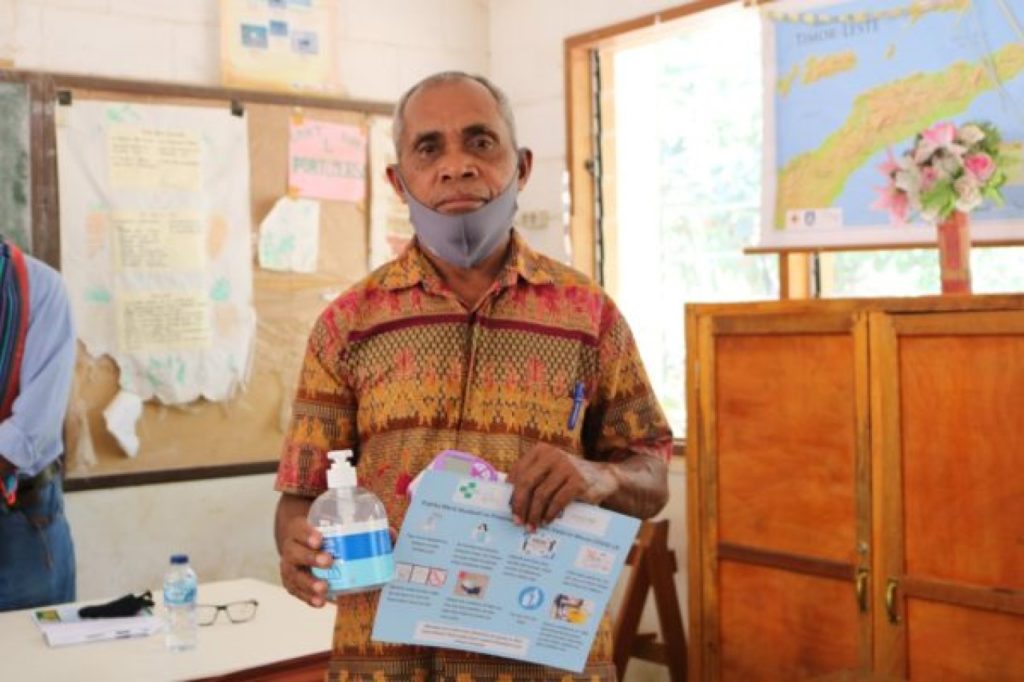
On top of the constant threat of natural disasters, communities in Timor-Leste have now had to adapt their lives to the newer and extremely pervasive threat of Covid-19.
On the 8th of September 2020, Plan International Timor-Leste (PITL) and its partner, RAEBIA, launched COVID-19 prevention activities in Aileu municipality under the European Union (EU) funded project on Strengthening the Capacity of Civil Society Organizations (CSOs) in Climate Change Adaptation.
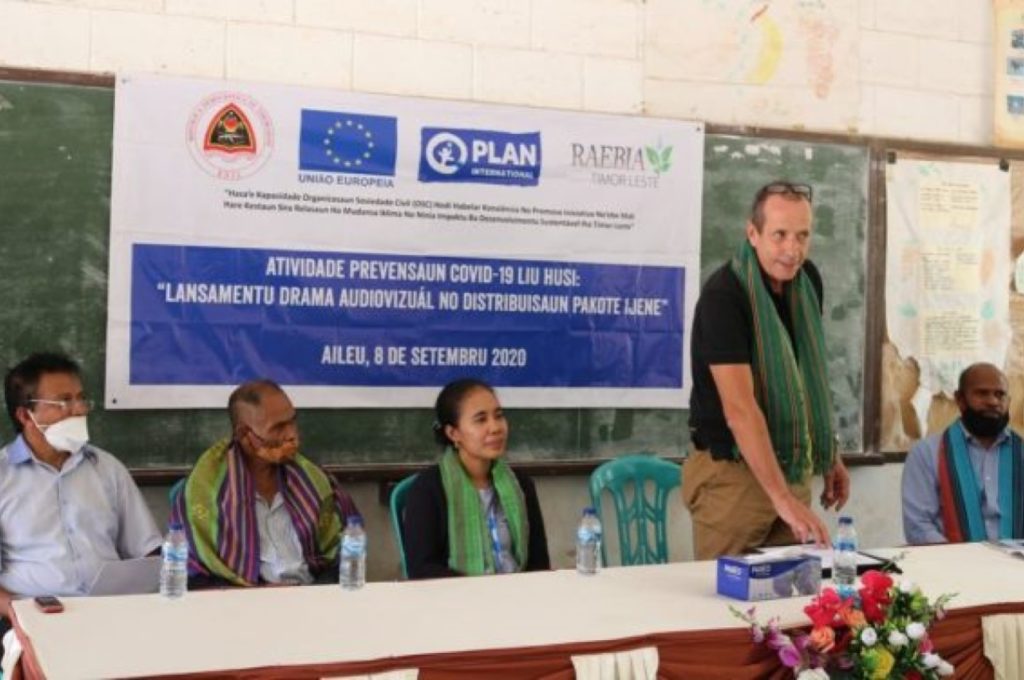
The event also included the launch of an audiovisual drama on Covid-19 prevention by the radio community, Rai Husar. Hygiene supplies were distributed to schools in Remexiu Administrative Post.
Suggestion boxes to collect feedback from the community were also installed in Acumau village and Catholic school, São Jose Operario, in Aileu municipality as a part of the project interventions.
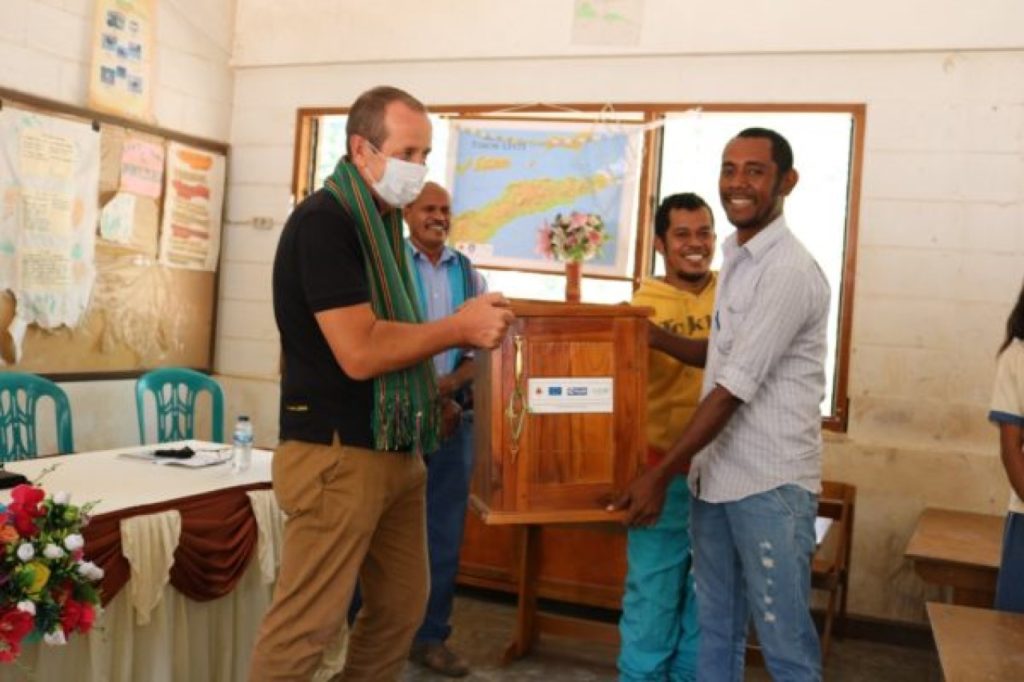
The event was launched by the EU Ambassador to Timor-Leste, HE Mr. Andrew Jacobs, Country Director of PITL, Mrs. Dillyana Ximenes, the Administrator of Aileu Municipality, Remexiu Administrator, Representative of the Ministry of Education, Youth and Sports in Aileu, chief of villages and its council members, school directors, teachers, and students from schools Remexiu and São Jose Operario.
The activity aims to encourage all community members, especially children, to continue healthy and preventative practices to prevent the spread of Coronavirus, so that they can get back into the education process as soon as possible.
